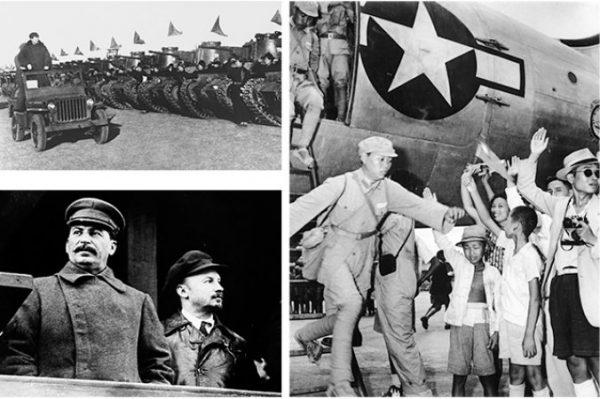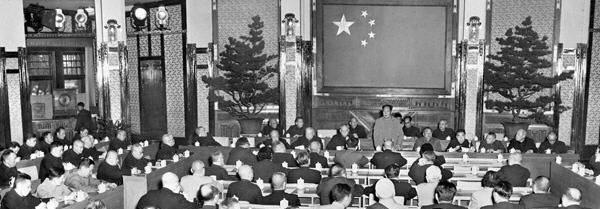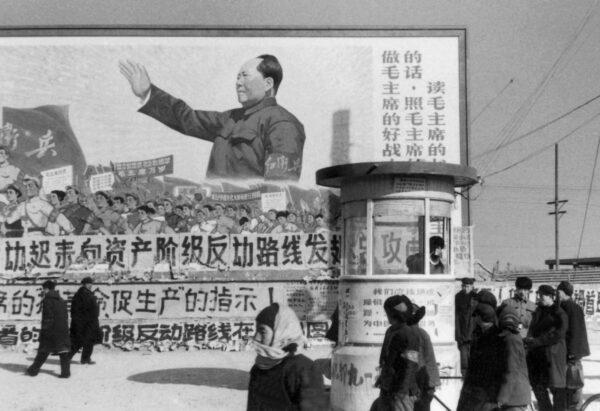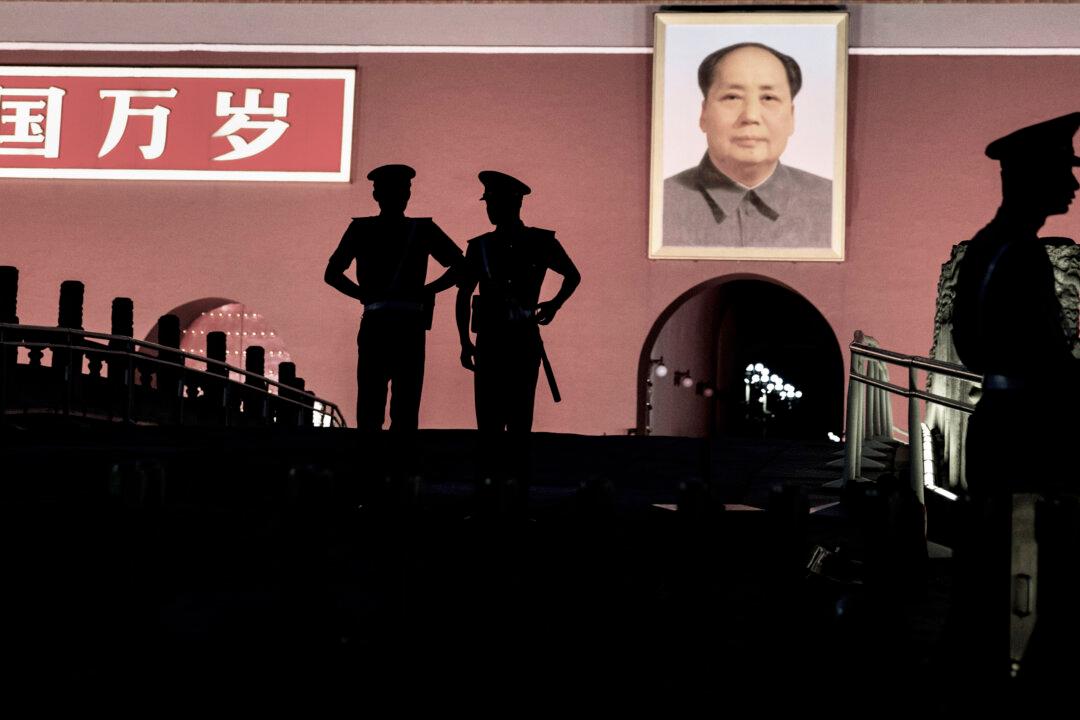The Hunan Provincial Committee of the ruling Chinese Communist Party (CCP) has started a “Liberating the Minds Great Discussion” campaign across the province.
It has drawn international attention, as some observers believe it is a political move to purge freedom of thought. Some have said that it’s reminiscent of Mao’s “Anti-rightist Movement” to lure out dissidents and persecute them.
“Hunan Daily,” the mouthpiece of the CCP’s Hunan Provincial Committee, reported on Feb. 18 that a provincial party committee notice stating that in order to learn the CCP leader Xi Jinping’s thoughts, it decided to start a “great discussion” campaign to “liberate minds” throughout the province. The notice mentions the requirements for the discussion. One is that the discussion must be carried out according to Xi’s “direction of guidance.”
It is reported that the campaign started in early February and is scheduled to end in late March.
However, members of the Chinese public noticed that the Hunan authorities disabled comments on the Weibo post announcing the campaign.
Some people ridiculed the post online. “Aren’t you going to have a great discussion? Why have you disabled the comment function?” one user wrote.
Gao Yu, an experienced journalist in Beijing, told The Epoch Times that in a normal country, thoughts are free because thoughts belong to individuals, and there is no need for them to be “liberated.”
“What they are restricting now is freedom of thought,” she said of the CCP. “They want to use one person’s brain to replace the brains of everyone in the country, making the whole country learn someone’s thoughts in the new era. Freedom of thought and freedom of speech are the most important components of human rights. They don’t allow people to have freedom, but go through the party organization to launch a movement to liberate minds.”
Ms. Gao said she believes that the campaign is a political move intended to control the public’s thoughts.
“On the surface, this movement is to liberate thoughts, but in fact it is to imprison the thoughts of the whole country, especially to imprison liberal thoughts,” she said.
Definition of Liberation
Lai Jianping, a former Beijing lawyer and Canadian chairman of the Democratic Front, told The Epoch Times on Feb. 20 that the CCP’s so-called liberation of the minds doesn’t ensure liberation in a correct and enlightened direction, just as the “liberation” in 1949 was, in reality, unprecedented slavery.In the CCP’s rhetoric, they call the communist takeover of mainland China after defeating the legitimate nationalist government in China’s civil war in 1949 the “liberation of China” from capitalism.

Canada-based China affairs commentator Wen Zhao also pointed out in his talk show on Feb. 21 that what Xi sees as liberation now bears similarities to the so-called liberation of 1949. It involves “liberating” China from the policies that open up the market economy, with the aim of returning the country to the era of hardcore communism it experienced under Mao, he said.
Reminiscent of Mao’s Political Campaigns
Some observers have said that the campaign has the tacit approval of the top leaders of the CCP. They’ve also said that the campaign is a clear political conspiracy to uncover dissidents and is reminiscent of Mao’s “The Hundred Flowers” campaign and the “Anti-Rightist Movement.”
In 1956, then-CCP leader Mao Zedong started “The Hundred Flowers” campaign that was underpinned by the phrase “Let a hundred flowers bloom, let a hundred schools of thought contend.”
In accordance with this policy, party committees at all levels organized a large number of discussion and study activities and encouraged everyone to speak openly and enthusiastically about their criticism and suggestions for the CCP. Then in 1957, Mao introduced the “Anti-Rightist Movement” and sent people to prison based on their remarks during the campaign the previous year.
The Chinese public has also noticed the similarity.
One user posted on social media, “This is about luring the snake out of its hole.” Another posted, “Speak happily and loudly, and then the crackdown on the rightists will follow.”

A report by Radio France Internationale (RFI) said the “Liberating the Minds Great Discussion” campaign in Hunan might signal that “Cultural Revolution 2.0” is coming, and it might well be a prelude to major changes.






